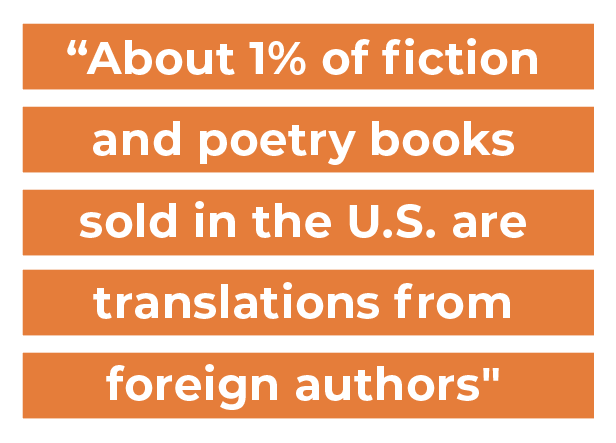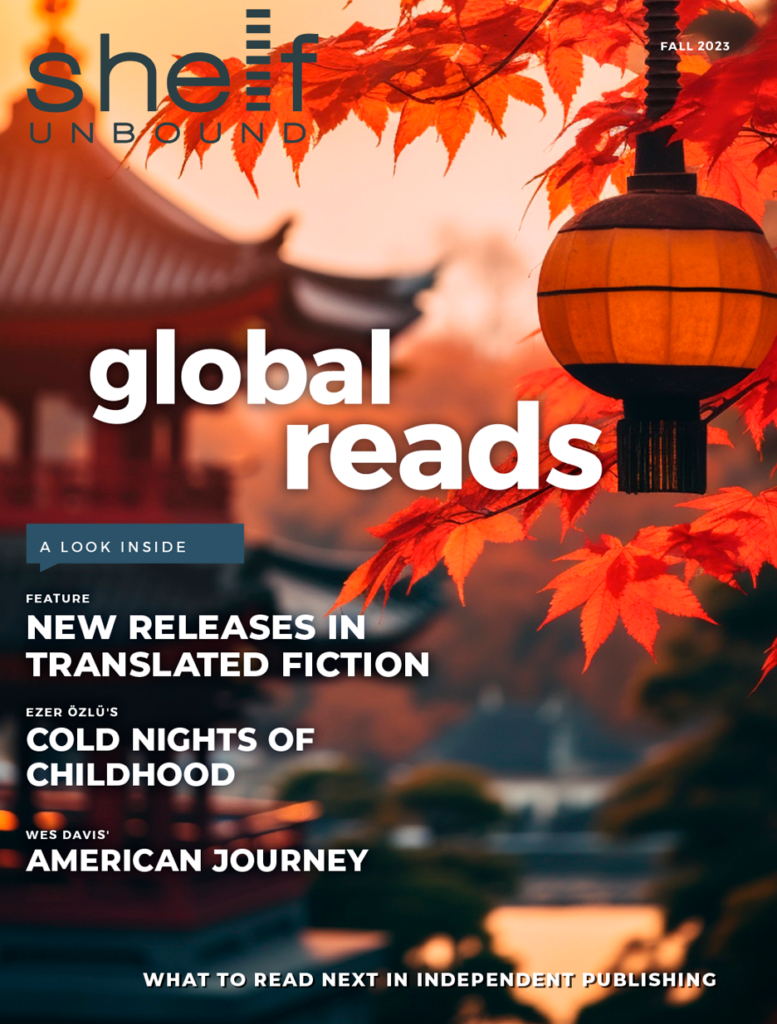By Wyatt Bandt

The Little Prince by Antoine de Saint-Exupéry has been translated into 505 languages since its publication in 1943. The French novella trails only the Bible in global reach, which is saying a lot when it’s in contest with a holy book with a following in 2023 A.D. Unsurprisingly, these books were the first two translated works I encountered as a child.
I remember begging my mother for “just one” of the cookies set out for her Tuesday night Bible studies in 2002. A group of women from our church would come to my home, quietly talking in our kitchen until 9 p.m. I’d sit in my room, enduring my younger brother’s antagonistic efforts to get attention until I heard the laughter die down and the backroom’s door slam one last time. My brother and I would then rush out to see if there were any leftovers.
Years later, I’d be sitting on the powder blue carpet of my mother’s rental home. The women for church were gone, abandoning my mother during her divorce, but our black-and-tan chihuahua dozed in my small lap as I read The Little Prince.
I remember the story being sad.
High school Spanish class was the next time I encountered The Little Prince. A chipper student teacher we called Señorita Westby set up a video call for the class with a high school student she knew from her time studying in Spain. A classmate asked what the girl’s favorite book was, and she responded “El Principito,” The Little Prince.

Outside of the Bible and The Little Prince, translated work – especially fiction – makes up a small fraction of what American readers can easily encounter. About 1% of fiction and poetry sold in America is translated from foreign authors, which is a damn shame. Nearly all of the most significant books in my life were written in languages other than English. Leo Tolstoy’s Confession, Silence by Shusako Endō, Antoine de Saint-Exupéry’s Little Prince. Beyond that, a large chunk of the contemporary fiction I consume comes from overseas. I discovered manhua, light novels and manga as a teenager and haven’t looked back. Tuesday stands strong as my favorite weekday because a new chapter of Chainsawman drops.
But that percentage is for translated fiction in American is understandable. Translation takes a lot of work. Someone needs to know both languages fluently and be a strong enough writer to match the author’s original style. Reading manga in English is a great example of the translator bottleneck.
Each time a new chapter comes out, it needs to be translated. Official translations often take time to come out – weeks to months – and it’s even longer until it’s available for purchase in English. In the meantime, loyal fans do fan translations on bootleg sites so the community can read the story closer to release. On all of those sites, there are constant calls for more translators because it’s nearly impossible to keep up.
That’s just in one genre, and it’s likely one of the easiest genres to translate because of its comparatively low volume of words compared to traditional fiction.
Beyond the sheer quantity of fiction that needs to be sifted through, the book needs to be found in its home market and make it through the marketing team and the publisher’s need to turn a profit. Then once it’s in stores, it needs to compete against established authors like the Danielle Steeles, Steven Kings, JRR Martins and their ilk.
Unless a reader knows exactly who they’re looking for, their only exposure to translated fiction at their local bookstore maybe be a little table off to the left. Atop it is a small tent card that reads “Translated Fiction: Our Picks from Around the World.”
Like I said, it’s a damn shame. So much of it is so good, and just like untranslated fiction, translated fiction has the ability to connect readers to another person, another life.
I recently read Cold Nights of Childhood by Tezer Özlü, a Turkish writer. She passed in 1986, but her autobiographical novel was recently translated into English. I’d have to say, it was one of the more challenging reads I’ve had lately because I was thrown into the deep end of Özlü’s life experience.
Each time a Turkish word or piece of local geography came up, I paused and went and read a wiki page to have some understanding of what Özlü wanted to get across. This process got easier once I stumbled upon the glossary in the back, which was included by the translator who spent time on the same streets.
In retrospect, I find it stunning that I’ve read books set in other worlds, other realities, and none felt as real, as personal, as foreign as what I experienced in Cold Nights of Childhood. Reading it was one of the only times a novel gave me a sense of sonder – the feeling when you realize each random passerby is living a life as complex as your own. I was a foreigner in Özlü’s land, and she laid her life bare. Translator Maureen Freely helped bridge the gap, bringing me in with the glossary and making the novel available in a language I could understand.
I’ve always loved reading because it connects me with another person’s experience. That same connection is why I write: to share myself with others so they can see someone they recognize parts of or at least gain understanding of someone they’re unfamiliar with. These shared moments, sitting down with someone’s life in your hands, are what grow us as people.
The understanding you gain through those moments is the first step to loving others and loving others well.

Continue Reading…
Article originally Published in the September /October / November 2023 Issue: Global Reads.
